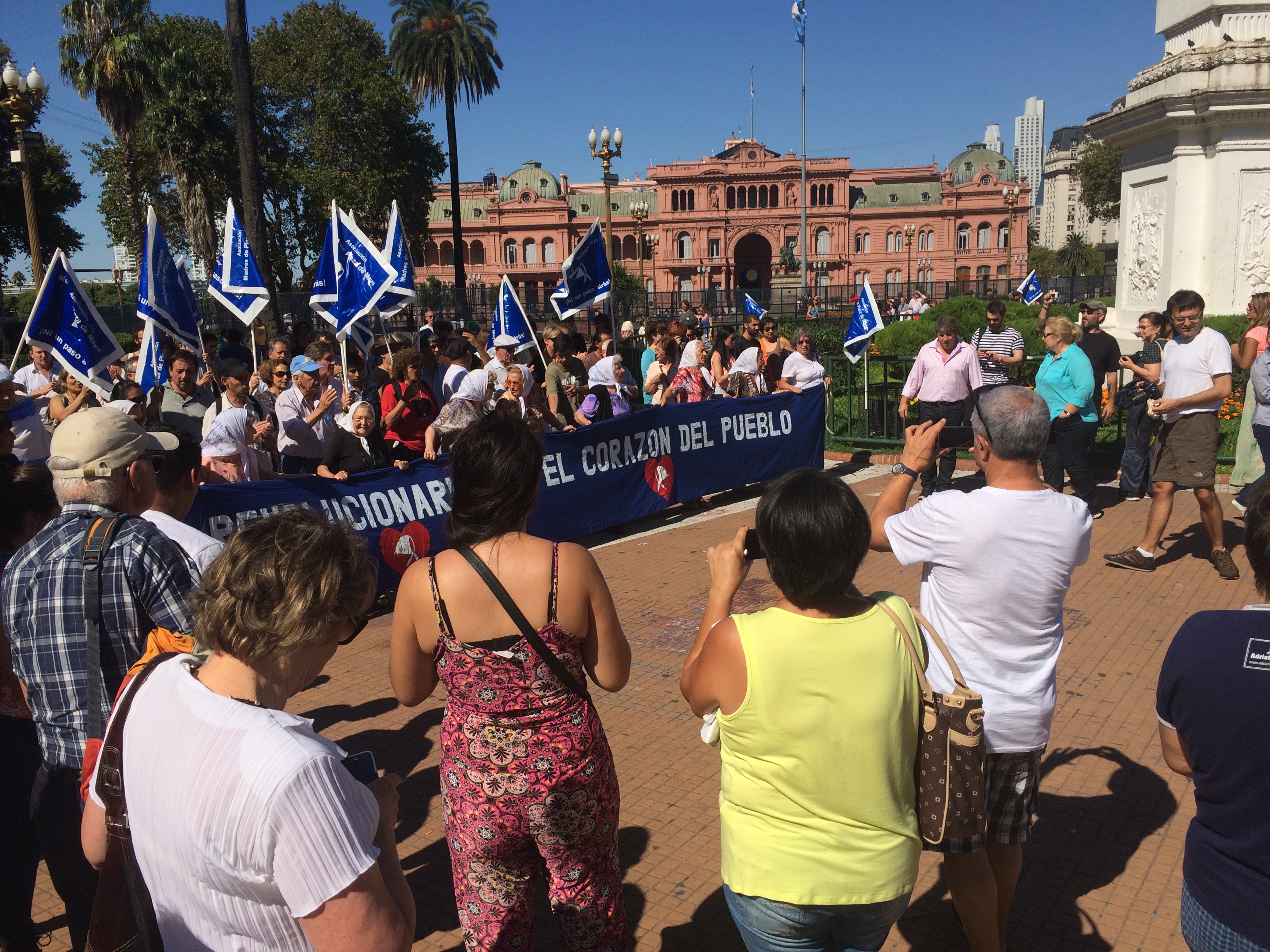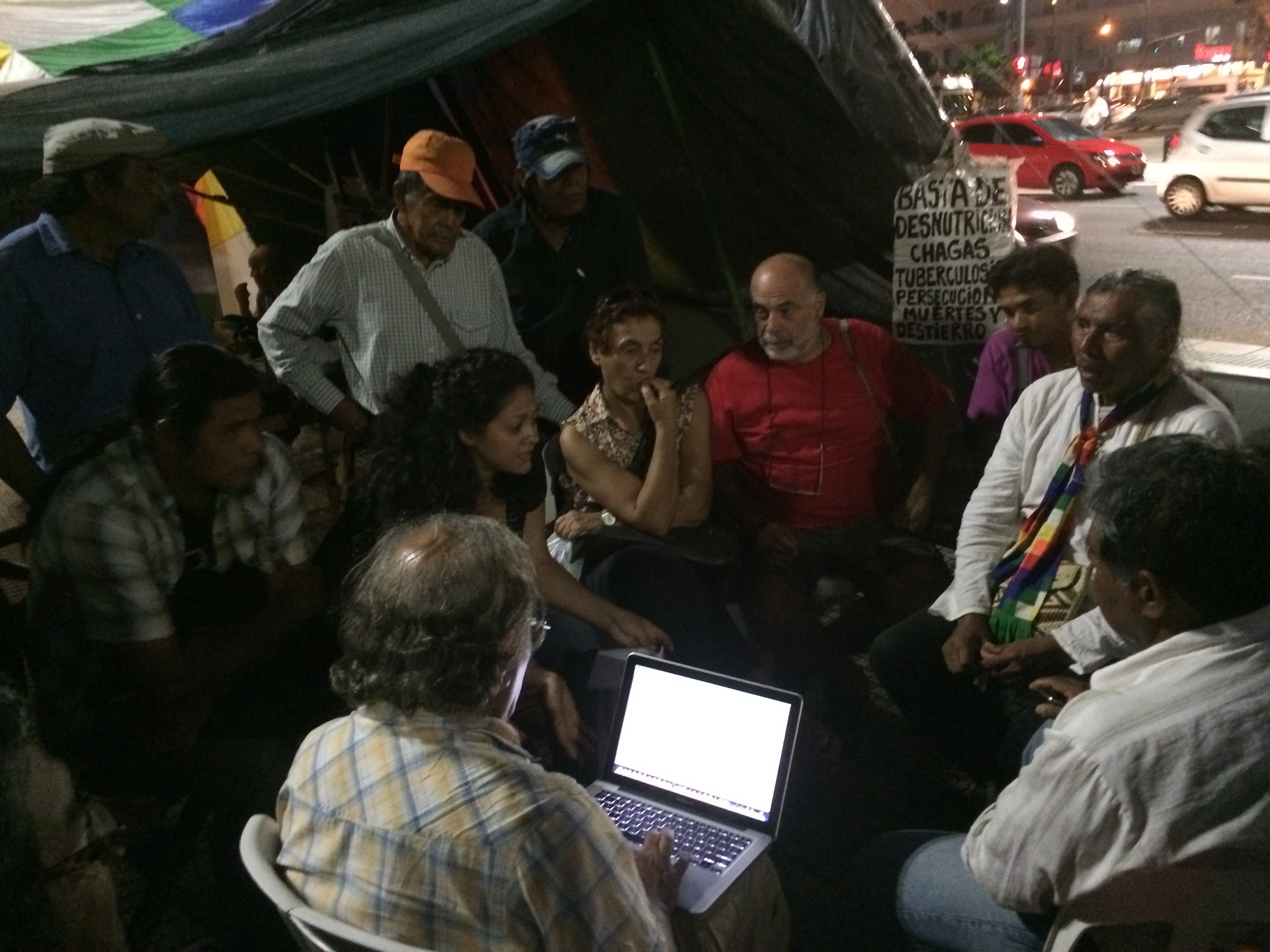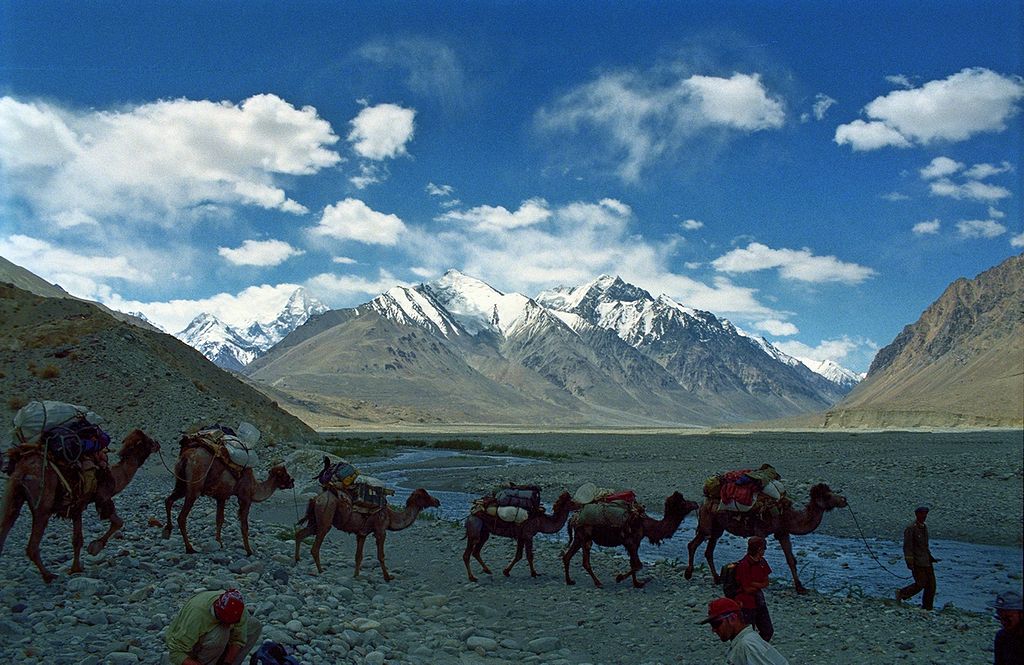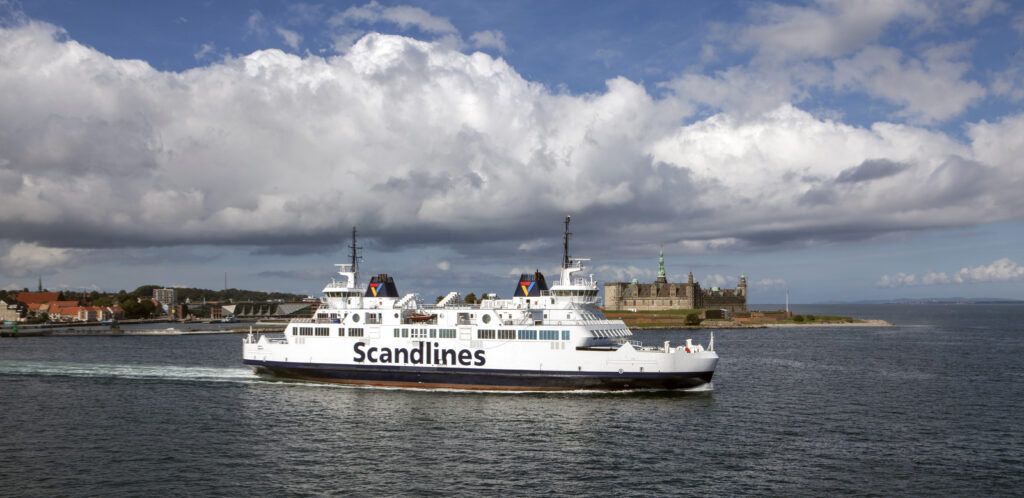If, having been whisked to a secret southern metropolis and you were there set free on the streets, you’d be forgiven for believing you’d found yourself in Brussels, Vienna or Berlin. In truth you would be in the Paris of Latin America, Buenos Aires, whose name translates as ‘Fair Winds’.
Famous for bumpy politics, for flamboyant soccer stars like Maradona and Messi, for the inimitable tango and ‘Evita’, and now for a reformist Pope who plows his own churchly furrow, few remember that Argentina also gave us Che ‘the beret’ Guevara and what is, finally, a hip social practice – sipping the infusion called maté.

An important piece of the backstory unfolds, though, at the Plaza de Mayo on Thursdays with a curious parade of grandmothers. Scarved in white and stooped with age, they arrive to circle the plaza in remembrance of loved ones lost to an era of frightening shadows known as the Dirty War when thousands, the ‘desaparecidos’, vanished into military detention never to be seen again, when infants born to the imprisoned were given to families of senior officers and their mothers shot. One location stands for the darkest of these inhumanities, the Navy Mechanics School – a staggering irony given those sea breezes, the ‘Fair Winds’, that birthed the city’s beginnings. It is the hidden history of that era that draws the ‘Madres’ to this Thursday procession under the casements of Argentine power, the Casa Rosada.
They are supported by a new generation of conscience who are taking up the appeal. Most striking of all, they have brought a roll of the disappeared, each name called aloud, followed by the crowd’s resounding answer, ‘Presente!’. Week by week the rollcall has stirred the conscience of a nation, summoning the powerful from silence, to say that the disappeared speak still.
When we marched in that circle, it ended with a grandmother addressing the crowd, saying ‘Our frailties are more than matched by the righteousness of the cause, a cause which the evildoers with secrets have reason to fear.’ Then she handed the bullhorn to two Amerindians, Mapuche of Patagonia. They told the crowd that after decades of abuse at the hands of powerful interests – oil drillers and giant farms – they had come to present their grievances to the halls of power. Delegates from the indigenous groups, they told us, had camped in the median of a nearby boulevard to draft a petition for the Supreme Court.
It didn’t take long, even in fading light, to find the plastic hovels delegates had thrown up as shelter beneath the office towers. There in the gloaming, some in tribal regalia, I found them, drawn in a tight circle around a laptop composing the language of historic grievance. As Monday commuters slipped by toward the suburbs unaware, the first peoples laid out their appeal for redress, each word tested and weighed, each phrase turned and refined.

One of the delegates from Patagonia tells me that they faced eviction nine times from their lands by oil drilling teams. On the tenth time, the tribe resisted. In the melee that ensued a policeman lost his life. Now, he says in bitterness, ‘They are trying us under terrorism laws, we who possessed this land from time untold.’ Then looking me in the eye, he says, ‘One day our quest will bring us through Atlanta. Will you take us in?’
‘Fair Winds’ once favored the newcomers, wafting them to these shores. Now it seems, it is those who met them at the landing, together with the Madres in the Plaza, who pray for those winds to favor the yearning for justice. So the streets are saying.



Leave a Reply